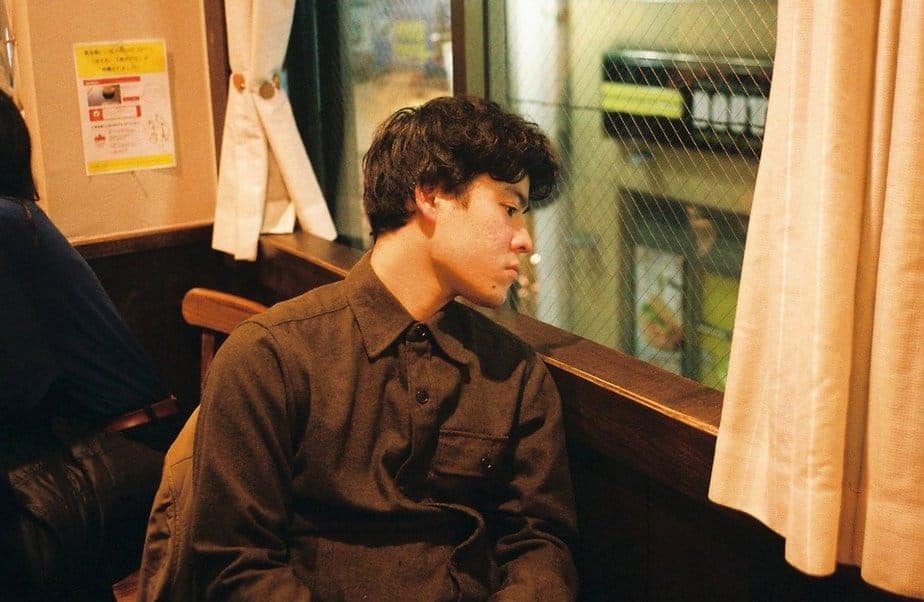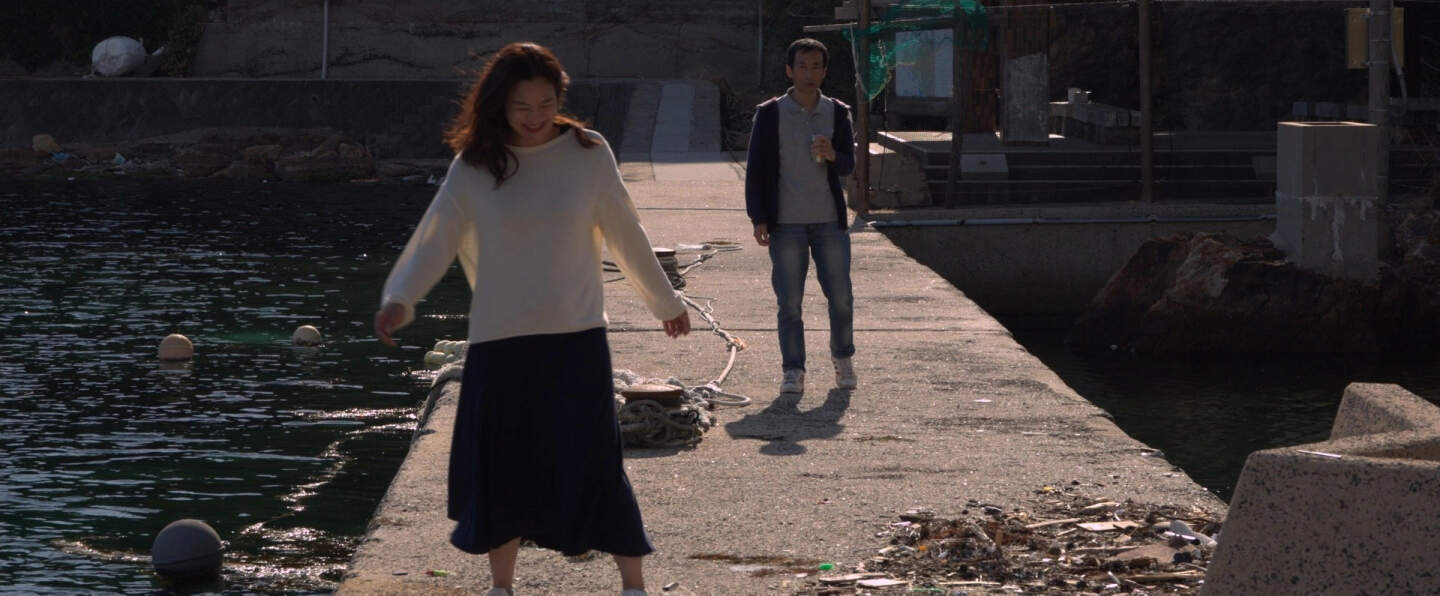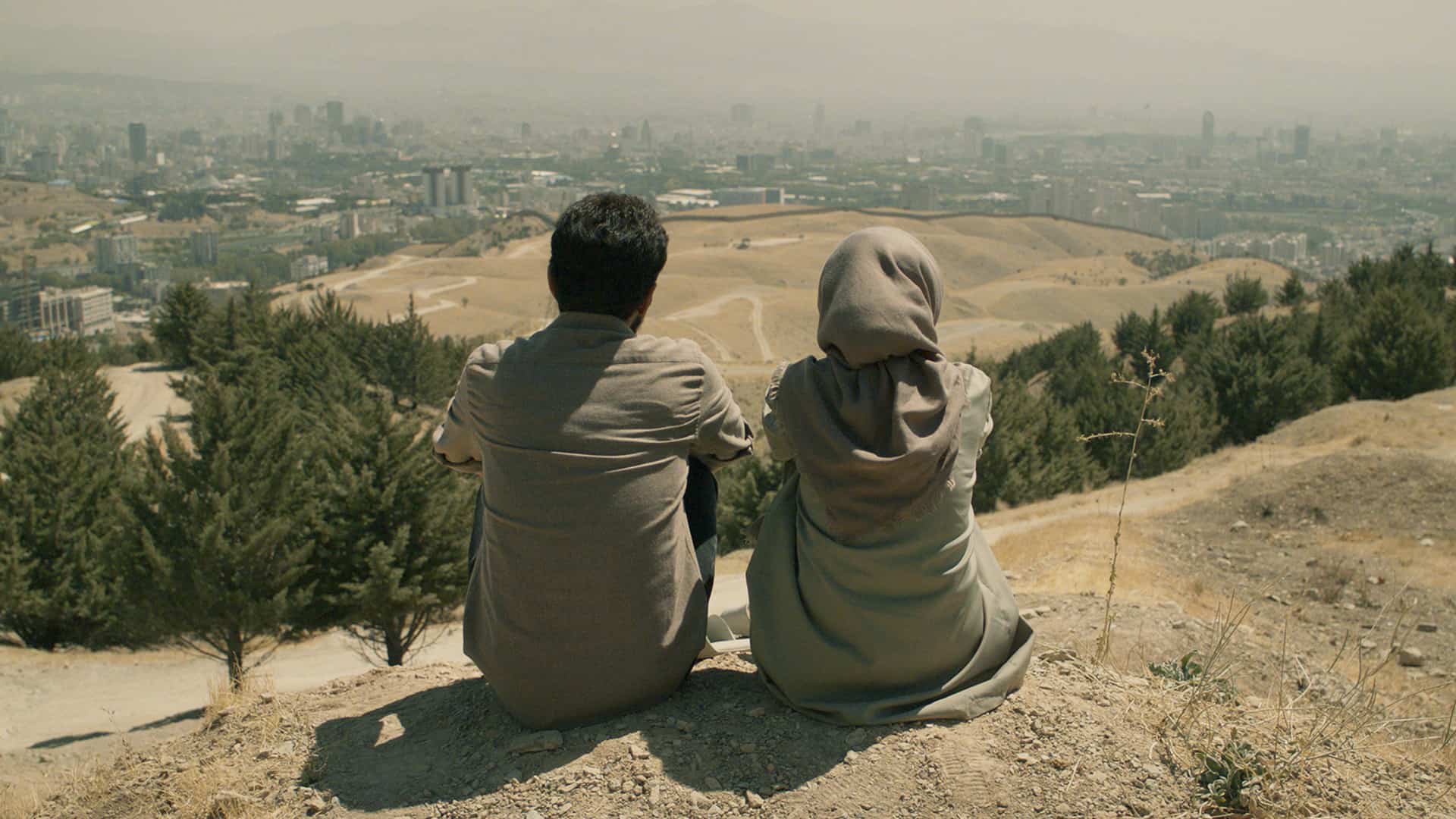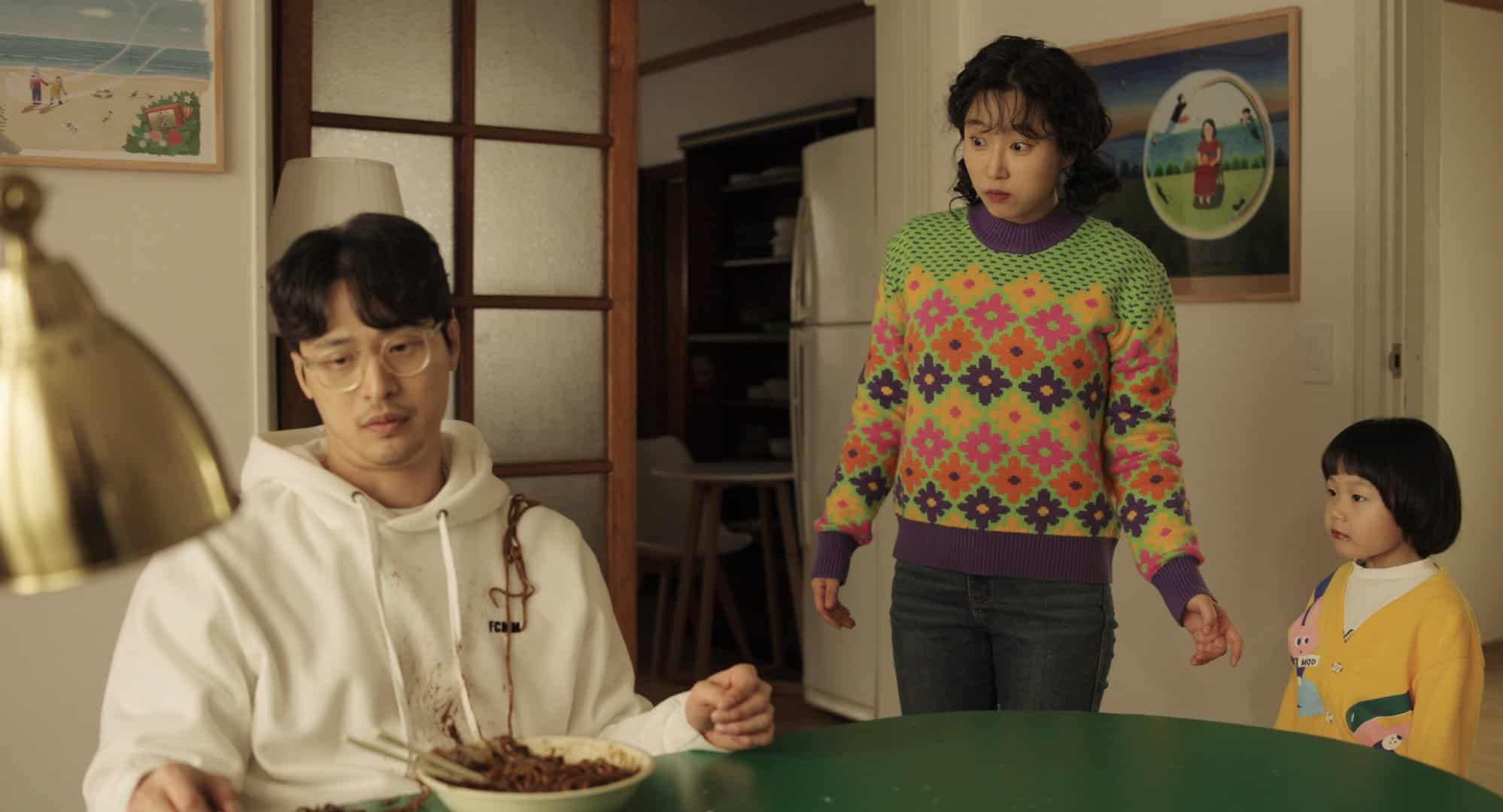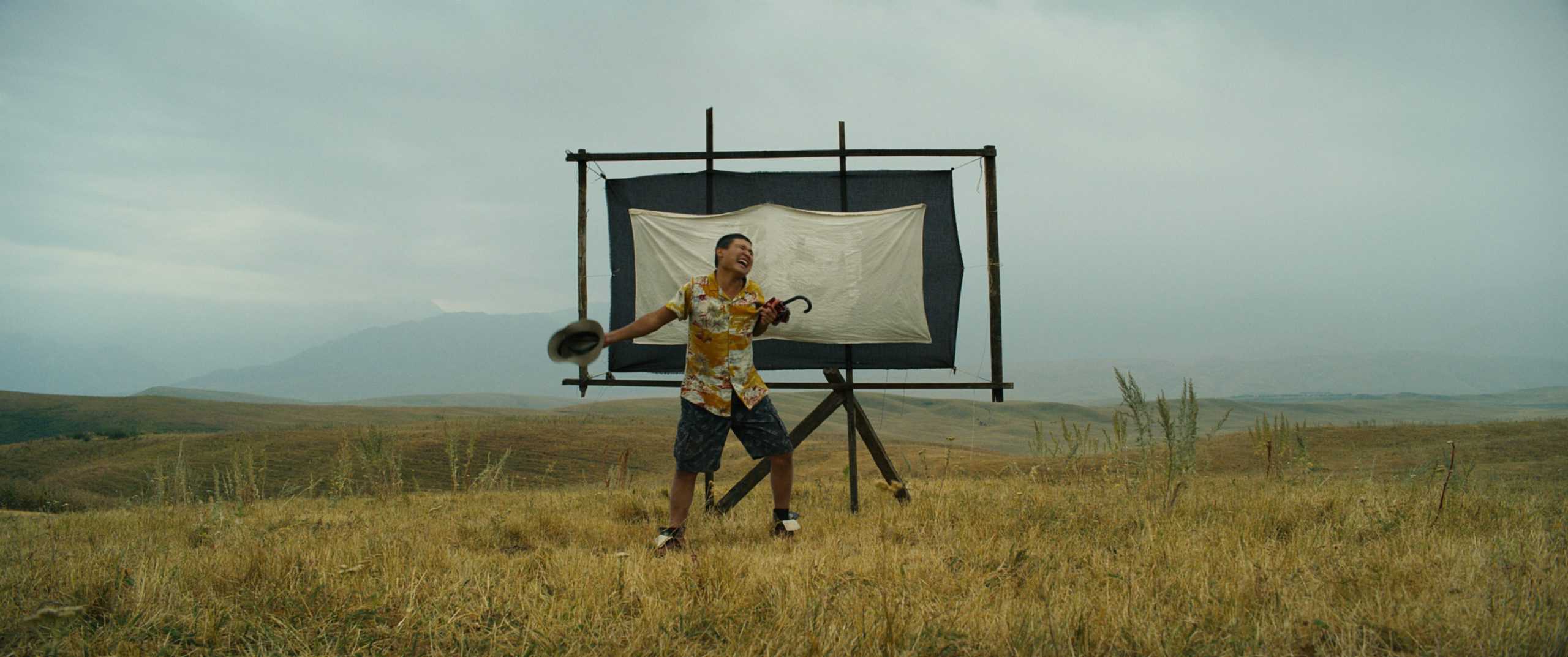Winner of the Hikari TV Award in PIA Film Festival, “The Hardness of Avocado” is a genuine Japanese indie that manages to stand out a bit due to the excellent performance of the protagonist, Mizuki Maehara, who actually plays a character that seems very similar to his actual self.
As the film begins, we watch Maehara and his girlfriend, Midori, watching a film at the cinema. As soon as the movie ends, a girl from the audience acknowledges him as the protagonist of “Her Father, My Lover” a film the real Maehara actually starred in. Soon after, however, his girlfriend dumps him after 5 years, and his already miserable life comes to a standstill. 24-year-old Maehara still lives with his sister in a tiny apartment, and spends his time failing at auditions (occasionally because his short height does not help him) and trying to find menial jobs, as a part time employee or doing some recordings for advertisements. In one of the latter, he meets another girl, and proceeds on telling her that he really likes her, after a couple of drinks, although just before he has mentioned that he plans to get back with his girlfriend and her, that she has a boyfriend. His life continues with his plan to wait a month before he asks Midori to get back together.
Masaya Jo shoots a very realistic film about the life of a young man and an actor, who cannot get a break in either capacity. The actual focus of the story is on the period of waiting he experiences before he tries to get back to his girlfriend, in a narrative that has very few moments of exaltation, although the breaking of the fourth wall regarding Maehara's actual career works quite well. On the other hand, the characterization is quite interesting through its analysis of the main character, who is proven immature a number of times, particularly in the way he expects all his wishes to come true just by sharing his feelings truthfully. This aspect leads to a number of awkward conversations that are funny, mostly because they are so realistic.
Maehara is not a bad person, on the contrary, he is very polite and seems hard-working but he is full of the problems contemporary youths seem to face: the complete lack of any parental presence or guidance, and a subsequent lack of purpose or destination, and most of all, a sense of loneliness and disconnection from what is going on in society. This aspect is stressed even more by his sister, who seems to suffer even more than he does, since she does not have any friends or a boyfriend, and mostly sits at home cooking and drinking beer.
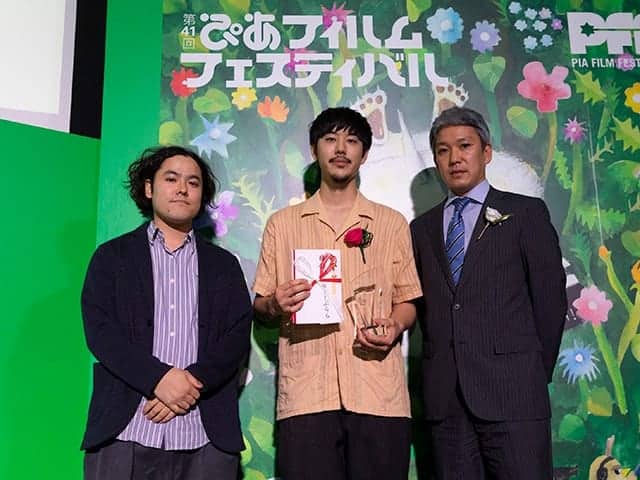
His girlfriend's behaviour also seems somewhat immature, particularly because neither she seems to know what she wants from her life. Her reasoning for leaving Maehara proves the fact as much as her insistence on the two of them remaining friends and hanging out, even after their break up and despite knowing how Maehara feels for her.
Masaya Jo centered the film upon Mizuki Maehara and he delivers in impressive, very realistic fashion, in perfect resonance with the film's aesthetics. One could argue that he probably plays himself but the fact remains.
Apart from that, the film follows the “rules” of the Japanese indie, with the slow pace, the few dialogues, the lack of any kind of exaltation, the scarce music, and the utter attention to the details of everyday life.
“The Hardness of Avocado” is a distinct “slice-of-life” Japanese indie that would definitely appeal to fans of the category, who will also enjoy the performance of Mizuki Maehara and the “breaking of the fourth wall” elements.


